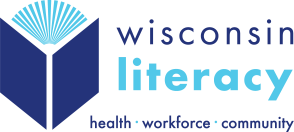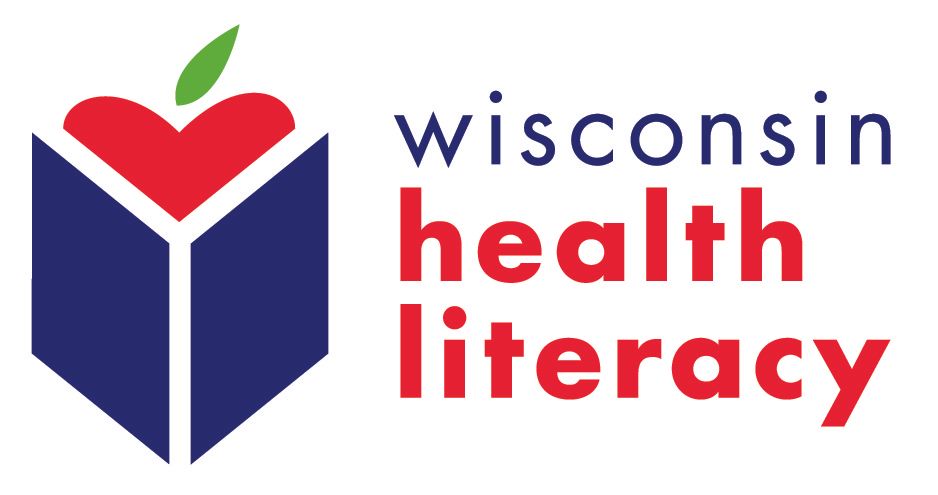
“Literacy is the fertilizer needed for development and democracy to take root and grow.”
To vote and complete the US Census, adults must understand:
-- how the process works
-- who can participate
-- when they can participate
Whether you teach a focused civics class or want to infuse real-life situations into your general adult education lessons, the 2020 Census and elections provide great opportunities to engage adult learners and tutors in US democracy.
Keep reading for information you can share with your learners and tutors about Census taking and absentee voting.
The Census
Help students and tutors understand the importance of completing the Census.
- Census information affects representation in federal, state, and local governments and how the government spends money.
- Communities that have larger Census participation receive more money.
- There are no questions regarding legal status. Tutors can assure learners there is no connection between the Census and INS (Immigration and Naturalization Service).
Tutors cannot complete the form for learners, but can clarify questions
- Multilingual resources (the Census is available in about 20 languages) - https://2020census.gov/
- Classroom Resources - https://2020census.gov/en/educators.html
The US Census Bureau changed operations to comply with COVID-19 guidelines.
Under the current plan, you must complete your Census forms by September 30th. You can complete the form you received:
- by mail in March
or - on your door (starting July 16th).
Census Takers (staff) will:
- not knock on your door
- not interact with the people in your home.
- leave the paper form on your doorstep.
- wear face masks and use hand sanitizers.
- maintain social distancing.
How to identify a Census taker: https://2020census.gov/en/census-takers.html
If you have not received your 2020 Census form:
- Update/leave: General information
- Update/leave: American Indian and Alaska Native
- Actualizar y dejar
If you don't have your Census ID number:
Learn how Wisconsin is doing in the 2020 Census:
Voting for All Citizens
All learners and tutors should understand the election process of the United States. Education around the election process is especially important for newly Naturalized learners and US citizens who haven’t yet registered to vote.
As a 501(c)3, your agency staff and tutors:
- can talk about voting.
- cannot promote one candidate or party over another.
- must discuss voting in a fair and balanced way.
For more information: Webinar Rundown: Being Nonpartisan: 2018 Voter Engagement Dos and Don'ts for 501(c)(3) Nonprofits - Nonprofit Vote.
Voting lessons should cover:
- absentee ballots,
- voter registration and
- elections dates.
Common questions and answers about voting in Wisconsin
Who can request an absentee ballot?
- All voters in Wisconsin can ask to receive an absentee ballot by mail for any reason.
How do I request an absentee ballot?
- Know the absentee ballot deadlines: https://myvote.wi.gov/en-us/VoterDeadlines.
- Register to vote: myvote.wi.gov
- Request an absentee ballot: https://myvote.wi.gov/en-us/VoteAbsentee.
- Submit a photo ID: https://myvote.wi.gov/en-us/PhotoIDRequired.
What documents do I need to register to vote?
- Photo ID: https://bringit.wi.gov/
- Proof of your address: Proof of Residence list of acceptable documents. (You must have lived at your address for at least 10 days before Election Day.)
How do I register to vote?
- by mail or online at My Vote WI: myvote.wi.gov. (You must register by mail or online at least 20 days before the election.)
- in-person at your local municipal clerk's office
- in-person at the polling place on Election Day.
Are there other Voter Registration Guidelines?
What about justice involved adults?
In Wisconsin, after an adult has completed their sentence (including parole), they can register to vote. For more information: https://docs.legis.wisconsin.gov/misc/lc/issue_briefs/2019/courts_and_criminal_law/ib_felons_vote_ph_2019_10_29
When are the next elections?
Fall Partisan Elections in Wisconsin.
When is the Fall 2020 General Election?
- Partisan Primary Day: August 11, 2020
- General Election Day: November 3, 2020
This fall, we vote for:
- President
- U.S. Representative
- Even-numbered Wisconsin State Senate seats
- All Wisconsin Assembly seats
- All District Attorneys

